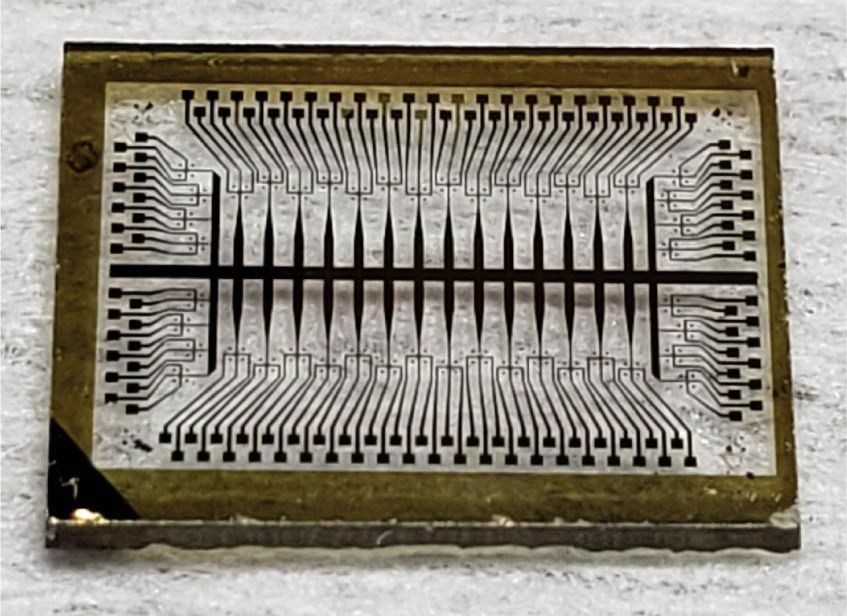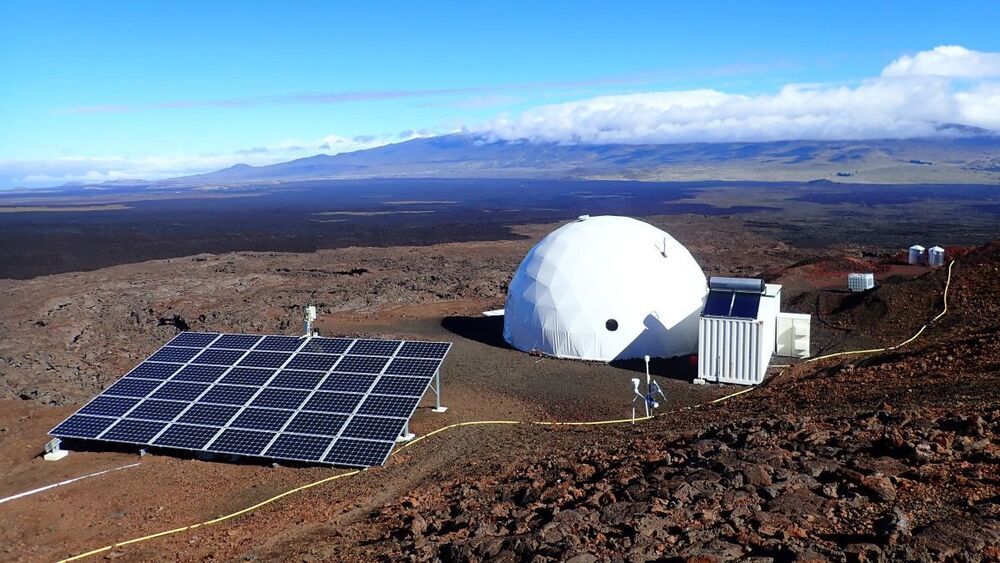GPS is a world-changing technology. It’s also incredibly fragile, easily spoofable, and consistently hackable. That’s why the U.S. Navy and Marine Corps are looking to the stars for a navigational Plan B.


Innovative, Scientific, And Empathic Solutions For Revitalizing Camden, NJ, USA — Jennifer A. Huse, Mayoral Candidate, 2021
Jennifer Huse is a candidate for Mayor of Camden, New Jersey, USA, running in the upcoming 2021 election, as an independent.
Information on Jennifer’s campaign can be found at — https://www.jahformayor.com/
Jennifer has a background and education in Cell and Molecular Biology, Exercise Science, Social Media Management, Communications, Marketing and Business Management, and her diverse background, gives a unique perspective when it comes to her ideas for the future improvement of the city.
A key pillar of Jennifer’s platform is in testing and advancing novel solutions for improving current social systems and introducing new technologies via a model called The Center for Scientific Solutions.

“After hopefully demonstrating efficacy through the pilot study, Conboy says that plans are underway for a 200–300 person, placebo-controlled Phase 3 trial to prove the use of the plasma dilution as a technology that innovatively treats co-morbidities of aging.”
This could be the first bridge.
UC Berkeley’s Irina Conboy talks parabiosis, plasma dilution, and why young blood may not hold the all answers.

It took many months and tens of thousands of volunteers to gather the data showing that the current crop of COVID-19 vaccines are safe and effective.
But what if new vaccines are needed to deal with dangerous variants of the coronavirus? Waiting months is not an attractive option.
So researchers are trying to come up with tests that can be performed using a blood sample that will determine not only whether a vaccine will work but also for how long.
The U. S. Air Force Research Laboratory (AFRL) and American Semiconductor have combined traditional manufacturing techniques with 3D printed circuitry to produce a flexible Silicon-on-polymer chip.
Besides its material qualities, the new chip has a memory more than 7000 times larger than any comparable commercially available devices, making it suitable as a micro-controller to be integrated into other objects.

Training neural networks to perform tasks, such as recognizing images or navigating self-driving cars, could one day require less computing power and hardware thanks to a new artificial neuron device developed by researchers at the University of California San Diego. The device can run neural network computations using 100 to 1000 times less energy and area than existing CMOS-based hardware.
Researchers report their work in a paper published recently in Nature Nanotechnology.
Neural networks are a series of connected layers of artificial neurons, where the output of one layer provides the input to the next. Generating that input is done by applying a mathematical calculation called a non-linear activation function. This is a critical part of running a neural network. But applying this function requires a lot of computing power and circuitry because it involves transferring data back and forth between two separate units – the memory and an external processor.

The UK government on Wednesday became the first country to announce it will regulate the use of self-driving vehicles at slow speeds on motorways, with the first such cars possibly appearing on public roads as soon as this year.
Britain’s transport ministry said it was working on specific wording to update the country’s highway code for the safe use of self-driving vehicle systems, starting with Automated Lane Keeping Systems (ALKS) — which use sensors and software to keep cars within a lane, allowing them to accelerate and brake without driver input.
The government said the use of ALKS would be restricted to motorways, at speeds under 37 miles (60 km) per hour.
Indefinitely. But, nice to see this stuff cracking the mainstream.
The Health Issue.
New research is intensifying the debate — with profound implications for the future of the planet.

The HI-SEAS mock extraterrestrial base is part of an intensifying effort to get humans ready for living on other worlds, which could well be soon. NASA recently selected SpaceX as the company to build its Artemis lunar lander. At some point, our visits will have to become stays if human space exploration is to go beyond its 20th-century heyday.

Intercepting record numbers of Russian aircraft off of North America’s west coast has stretched Air Force units thin, a top service official in Alaska said Wednesday.
“We have certainly seen an increase in Russian activity. We intercepted over 60 aircraft last year. … We monitor more than that,” Lt. Gen. David Krumm said from Joint Base Elmendorf-Richardson, Alaska, during an online forum hosted by the Air Force Association.
That’s the most action the Alaska Air Defense Identification Zone — a region spanning 200 nautical miles that reaches past U.S. territory and into international airspace — has seen since the Soviet Union fell in 1991. In comparison, the Anchorage Daily News reported in 2015 that the ADIZ averaged about 10 incursions by Russian aircraft each year, like Tu-95 Bear bombers, anti-submarine aircraft, and intelligence-collection planes.